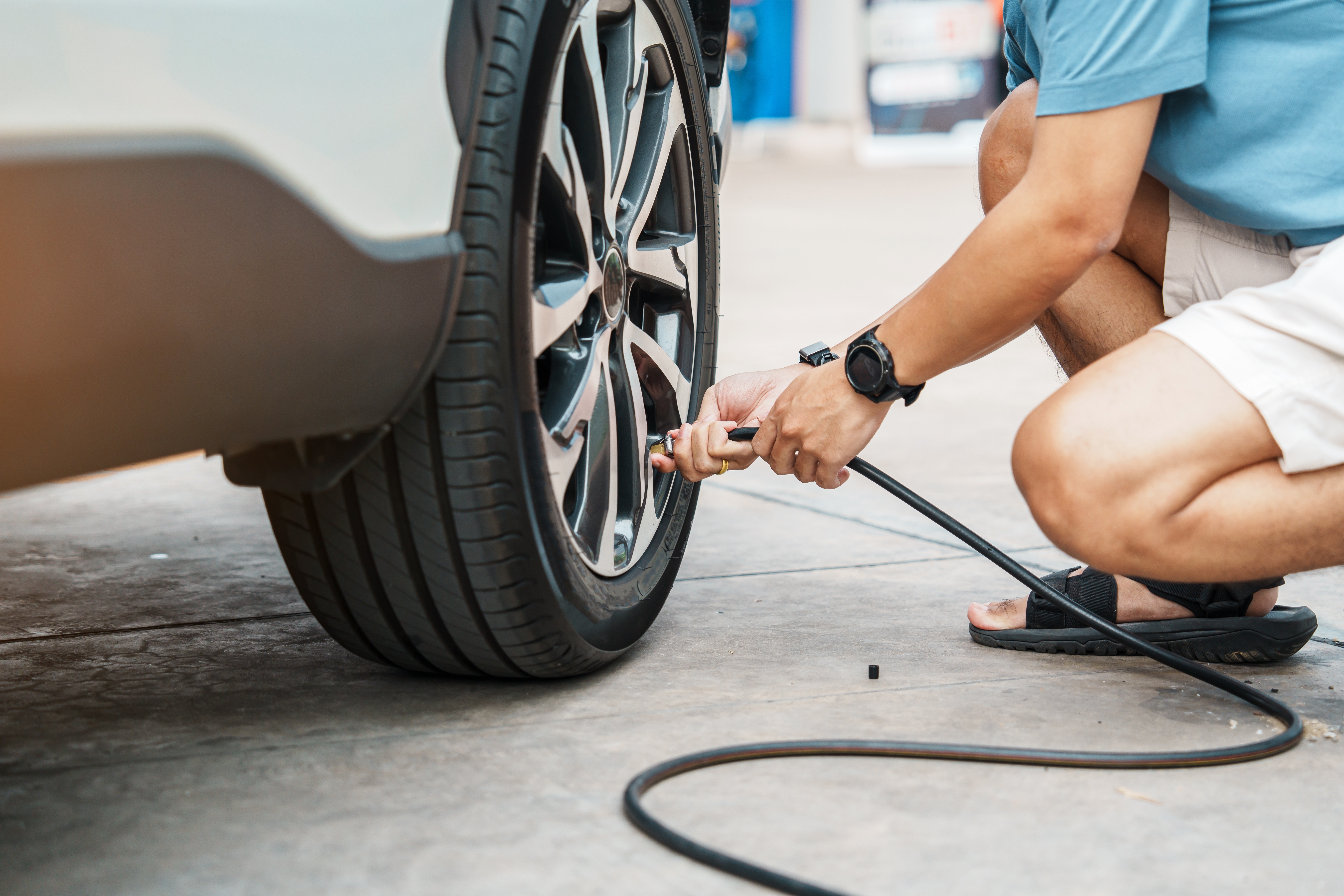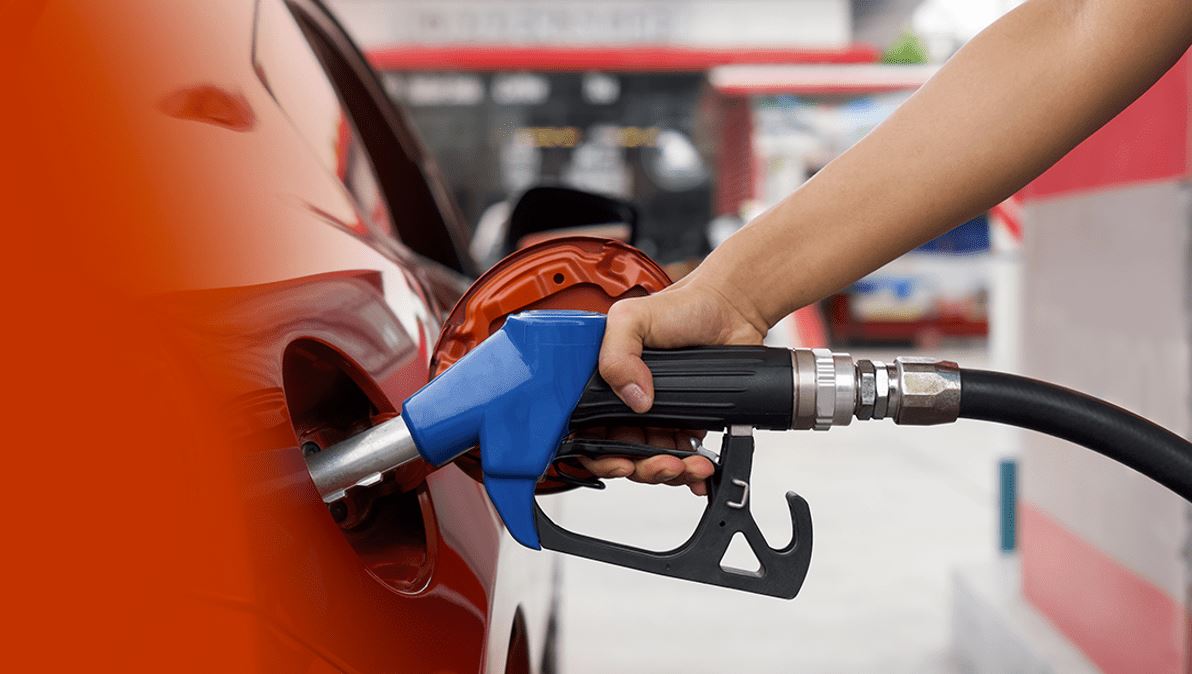How to Improve Your Car’s Fuel Efficiency in the Summe
Summer is the perfect season for road trips, family vacations, and scenic drives. However, as temperatures rise, so can your car’s fuel consumption. Factors such as increased air conditioning use, heavier traffic, and the impact of heat on engine performance can all lead to lower fuel efficiency.
Fortunately, there are several ways to optimize your vehicle’s fuel economy, saving you money and reducing your environmental footprint. Here’s a comprehensive guide on how to improve your car’s fuel efficiency during the summer months.
1. Keep Your Tires Properly Inflated
Tires play a significant role in fuel efficiency. Underinflated tires create increased rolling resistance, meaning your engine must work harder to propel the vehicle forward. This results in greater fuel consumption.
- How to Check Tire Pressure: Use a tire pressure gauge to measure your tire pressure at least once a month, preferably when the tires are cold.
- Find the Right Pressure: Check your owner’s manual or the sticker inside the driver’s side door for the recommended tire pressure.
- Effects of Heat: Hot weather can cause tire pressure to fluctuate. Overinflation can lead to uneven wear and decreased traction, while underinflation can reduce fuel efficiency by up to 3%.
By keeping your tires at the correct pressure, you ensure better gas mileage, improved safety, and a smoother ride.

2. Use the Right Motor Oil
Motor oil reduces friction within the engine, helping it operate efficiently. The wrong type of oil can increase resistance and force the engine to work harder, reducing fuel efficiency.
Choose Energy-Conserving Oil: Look for motor oil labeled "energy conserving" or "low friction," which contains additives designed to reduce resistance within the engine.
Check Your Manual: Always use the oil grade recommended by your vehicle manufacturer to maintain optimal performance.
Change Oil Regularly: Old, dirty oil can create buildup and increase engine drag, so regular oil changes (as per your car’s maintenance schedule) are essential for fuel economy.
Using the right oil can improve your car’s efficiency and prolong engine life.
3. Reduce Excess Weight
The more weight your car carries, the more fuel it consumes. Excess weight increases strain on the engine, reducing efficiency.
- Clear Out the Trunk: Many drivers store unnecessary items like sports equipment, tools, or luggage in their cars. Removing these can significantly lighten the load.
- Avoid Roof Racks and Cargo Carriers: These add aerodynamic drag, making the engine work harder. If you must use one, opt for a streamlined design to reduce wind resistance.
- Be Mindful on Road Trips: If you’re packing for a vacation, avoid overloading the car with unnecessary items. Every 100 pounds of additional weight can decrease fuel economy by about 1%.
A lighter car moves more efficiently, helping you get more miles per gallon.
4. Limit Air Conditioning Use
Air conditioning is one of the biggest culprits of reduced fuel efficiency in the summer. Running the A/C puts extra strain on the engine, leading to higher fuel consumption.
- Use Ventilation First: When starting your car, roll down the windows and let the hot air escape before turning on the A/C.
- Set the Temperature Moderately: Instead of blasting the coldest setting, opt for a moderate temperature to reduce engine load.
- Use Recirculation Mode: This helps maintain cool air without overworking the compressor.
- Drive with Windows Down at Low Speeds: When driving at lower speeds, open windows can be a fuel-efficient alternative to A/C. However, at high speeds, windows create drag and reduce efficiency.
By using air conditioning wisely, you can stay comfortable without sacrificing fuel economy.
5. Drive Smoothly and Avoid Sudden Stops
Aggressive driving—such as rapid acceleration, hard braking, and sudden stops—can lower fuel efficiency by up to 30% on highways and 40% in city traffic.
- Accelerate Gradually: Press the gas pedal gently to allow the engine to work efficiently.
- Anticipate Traffic Flow: Look ahead to avoid unnecessary braking and keep a steady pace.
- Use Cruise Control: On highways, cruise control helps maintain a constant speed, reducing fuel consumption.
Smooth driving not only saves gas but also extends the life of your brakes and tires.
6. Plan Your Routes Wisely

Unnecessary mileage and stop-and-go traffic can waste fuel. Being strategic about your trips can help improve efficiency.
- Use GPS Navigation Apps: Apps like Google Maps or Waze can help you avoid heavy traffic and find the fastest route.
- Combine Errands: Instead of multiple short trips, try to complete several tasks in one outing to minimize fuel use.
- Avoid Peak Traffic Hours: Driving during less congested times can reduce idling and frequent stops, saving fuel.
Planning ahead ensures you use fuel more efficiently while spending less time on the road.
7. Keep Your Car Well-Maintained
Regular maintenance keeps your car running efficiently and prevents fuel waste.
- Replace Dirty Air Filters: A clogged air filter can reduce fuel economy by restricting airflow to the engine.
- Check the Fuel System: Clean fuel injectors and a properly functioning fuel pump ensure optimal combustion.
- Inspect Spark Plugs: Faulty spark plugs can reduce engine efficiency, increasing fuel consumption.
Routine servicing helps maintain peak performance and fuel efficiency.
8. Avoid Excessive Idling
Leaving your car idling for long periods wastes gas without getting you anywhere.
- Turn Off the Engine: If you’re waiting for more than a minute (e.g., at a drive-thru or picking someone up), turn off your car.
- Skip Warm-Ups: Modern cars don’t need long warm-ups, even in winter, and idling during summer is completely unnecessary.
By reducing idle time, you can cut fuel waste significantly.
9. Use the Right Fuel
Filling up with a higher-octane fuel than necessary won’t improve performance or mileage.
- Follow Manufacturer Recommendations: Your owner’s manual will specify the correct fuel type for your engine.
- Avoid Premium Unless Required: If your car is designed for regular fuel, using premium won’t provide any benefits and will only cost more.
Using the right fuel prevents unnecessary expenses and ensures optimal combustion.
10. Keep Windows Closed at High Speeds
At highway speeds, open windows increase aerodynamic drag, making the engine work harder to maintain speed.
- Use Windows at Low Speeds: In city driving, rolling down windows can be more fuel-efficient than using A/C.
- Keep Windows Closed on the Highway: When driving over 50 mph, keep windows up and use A/C sparingly to maintain better fuel efficiency.
Reducing wind resistance helps your car glide through the air more efficiently, improving mileage.


